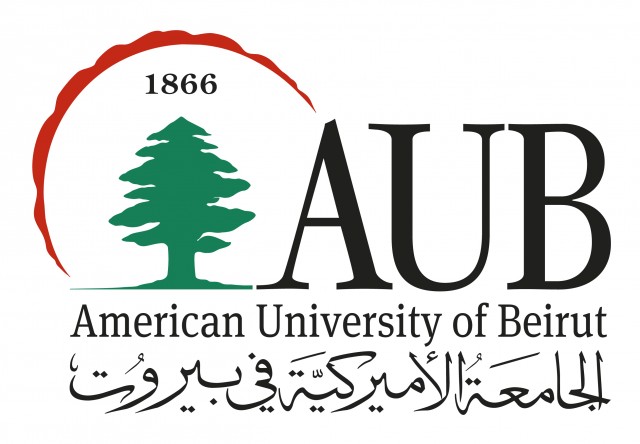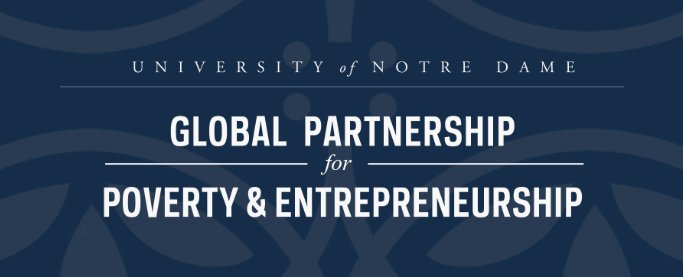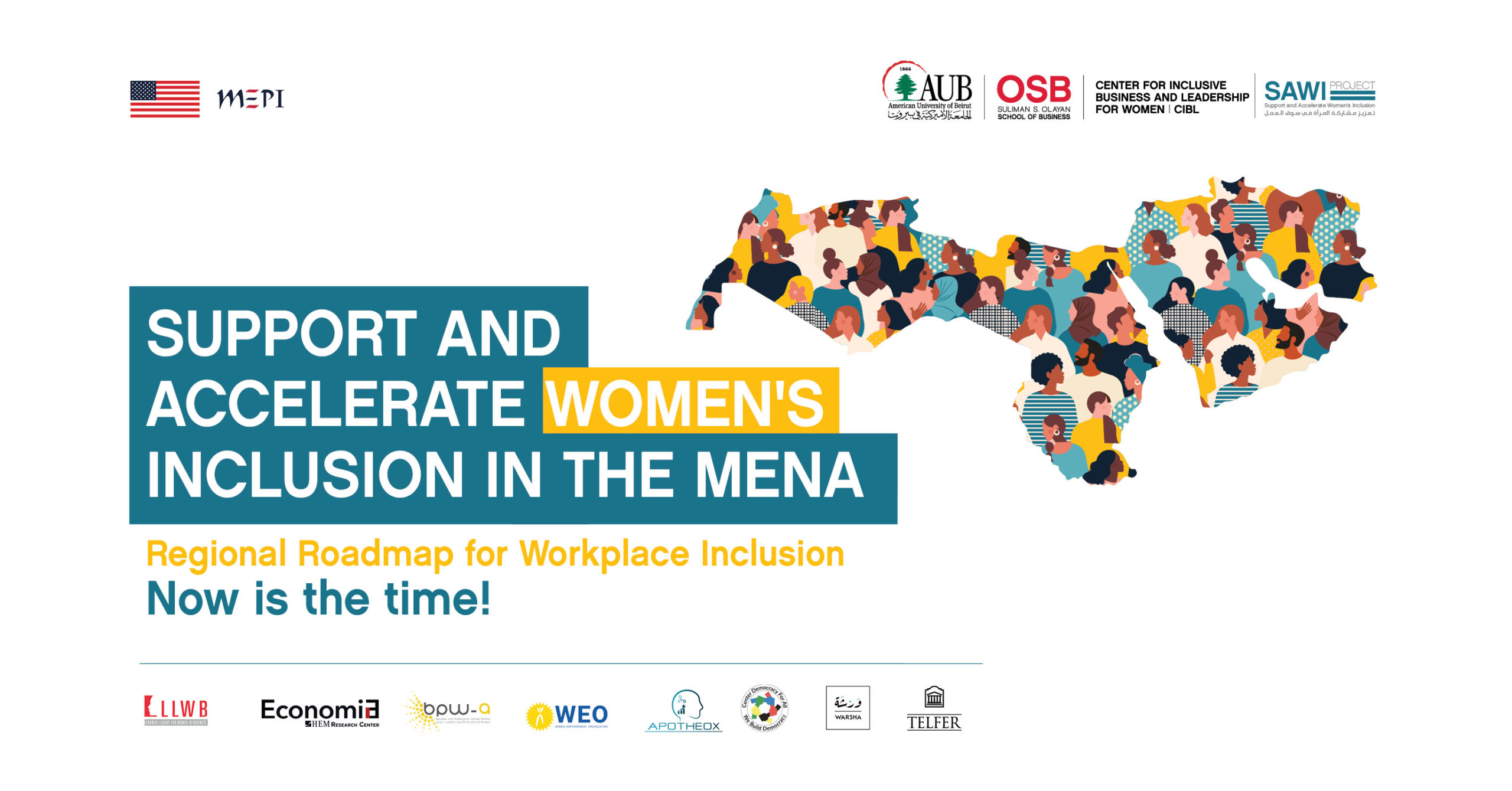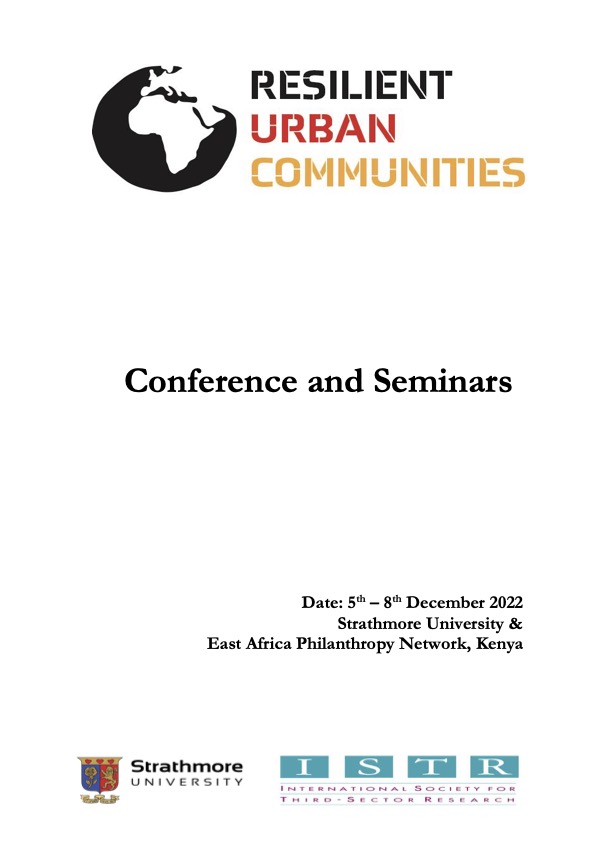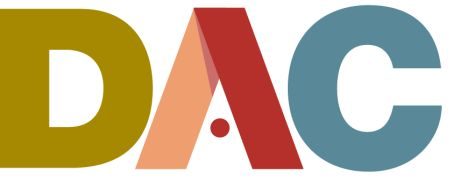The Subject of Supply Chain Management and Social Responsibility (SCM&SR) in the Department of Marketing at Hanken School of Economics invites applications for the positions of Assistant Professor, and Associate Professor in Supply Chain Management and Social Responsibility, starting 1.8.2022.
Supply Chain Management and Social Responsibility at Hanken
SCM&SR is a Hanken Area of High Potential comprising Humanitarian and Societal Logistics. The subject is taught at Hanken on all levels (BSc, MSc, MBA, PhD), with a strong overall focus on sustainable supply chain management and strategic managerial decision-making in the supply chain. The subject offers a vibrant research environment with numerous research projects (EU as well as national projects), post docs and PhD students complementing the faculty.
Current research includes, inter alia, topics of circular economy and closed loop supply chains, public and sustainable procurement, sustainable transportation including the last mile, supply chains for food security, and sustainable supply chain management across various sectors. Many research projects are within the area of humanitarian logistics, under the Humanitarian Logistics and Supply Chain Research Institute (HUMLOG Institute), a joint research centre between Hanken and the Finnish National Defence University.
Faculty in the subject co-edit the Journal of Humanitarian Logistics & Supply Chain Management and work as associate/department editors for journals such as Journal of Operations Management, Production and Operations Management, and are on the editorial advisory boards of many others including the Journal of Business Logistics, International Journal of Physical Distribution & Logistics Management, International Journal of Logistics Management, Journal of Supply Chain Management, and Supply Chain Management: An International Journal. They have strong collaborative links with other universities around the world as well as close cooperation with companies and humanitarian organizations, and regularly host Fulbright scholars in the areas of sustainable supply chain management, supply chain risk management, and sustainable procurement. We host conferences (e.g. NOFOMA, CR3+, EDSI, EurOMA, EURO HOpe) and are very active with national and international associations, as well as the Finnish doctoral education in logistics and supply chain management. See here for more information on teaching and faculty contacts, and Humlog institute for large research projects.
Eligibility
Academic staff at Hanken are expected to carry out and supervise scientific research; provide high quality academic teaching; closely follow the advances of their field; participate in the application and implementation of research projects; and in service to Hanken School of Economics community, the academic community and society.
Applicants should hold a doctoral degree in supply chain management or a related field. Applicants will be reviewed based on their research, teaching and activity in the relevant scientific community.
The requirement for an Assistant Professor is a PhD degree. The employment contract is for a fixed term of 5 years at the beginning. After the 5-year period, you will have the opportunity to obtain tenure or permanent position as an associate professor (and later in a position as full professor), upon fulfilling the university criteria on academic advancement. In the evaluation, emphasis will be given on the scientific publications, plans and potential of research projects and academic publications, teaching experience and pedagogical ability and experience. Applicants are required to have fluent command of English. The successful applicant is expected to show strong interest to study and learn the Swedish language. Existing Swedish language skills will be considered a merit.
The requirements for an Associate Professor are a PhD degree and a demonstrated, high level of academic competence, good teaching skills and teaching experience. Applicants are expected to be experienced with managing research projects with industry and with an international community, and be familiar with mixed methods. In addition, experience of participation in administrative tasks within an academic department, faculty or university are expected. The employment contract is permanent with the possibility to advance to full Professor in accordance with Hanken’s rules. Applicants are required to be able to teach and supervise in Swedish and English.
On both levels, special consideration is given to candidates that have demonstrated their ability to produce high quality research in the areas of sustainable supply chain management in the topics noted in the description of the subject above. Evaluation of an applicant’s qualifications in the above-mentioned areas will focus on qualifications with emphasis given to recent years.
More information about Hanken’s tenure track can be found here.
Further merits
It is desirable for the applicant to possess:
- Research plans and potential to develop the field of science in relation to the research areas in the subject of Supply Chain Management & Social Responsibility as listed above,
- Pedagogical merits, teaching experience and ability to create modern learning environments, formal teaching qualifications,
- Experience with research projects and related funding applications
The teaching ability can be exhibited through e.g. the development of new courses, pedagogical education, trial lectures, educational awards and/or course evaluations. The focus at evaluation and comparing of candidates is on the academic publications and teaching experience, as well as their contribution to the specific research areas of the subject.
Employment terms and salary
The position is full time with an annual working time of 1612 hours; the location of the position is in Helsinki. During the academic year, it is expected that a minimum average of three days per week is spent at the Department in Helsinki in order to actively contribute to the research and teaching environment. Teaching tasks are allocated based on the curriculum needs of the Department and by considering relevant own expertise. The current list of courses in the subject can be viewed here. The salary is based on the university salary system in Finland (including employee healthcare as well as pension and holiday contributions). The exact salary level depends on the recruited individual’s qualifications and performance. In addition to the salary, the Hanken support foundation grants faculty members substantial publication awards for high-quality publications.
How to Apply
The application for position is to be addressed to the Rector and application materials must include:
- Cover letter
- Research portfolio highlighting the applicant’s current and intended research publications, projects and collaboration, in relation to the topics at the subject of SCM&SR at Hanken
- Curriculum Vitae
- Complete list of publications including DOI numbers
- Teaching portfolio
- Names and contact information of four references
- Relevant certificates (degree certificates, language certificates, pedagogical teaching certificates)
Please submit all application materials in English. The application deadline is May 13, 2022.
To apply please click on the below link to complete your application. General instructions for applicants are provided here. Only applications submitted there that include all required materials will be taken into consideration.
Application period starts: 2022-04-11 14:00 Application period ends: 2022-05-13 23:59



